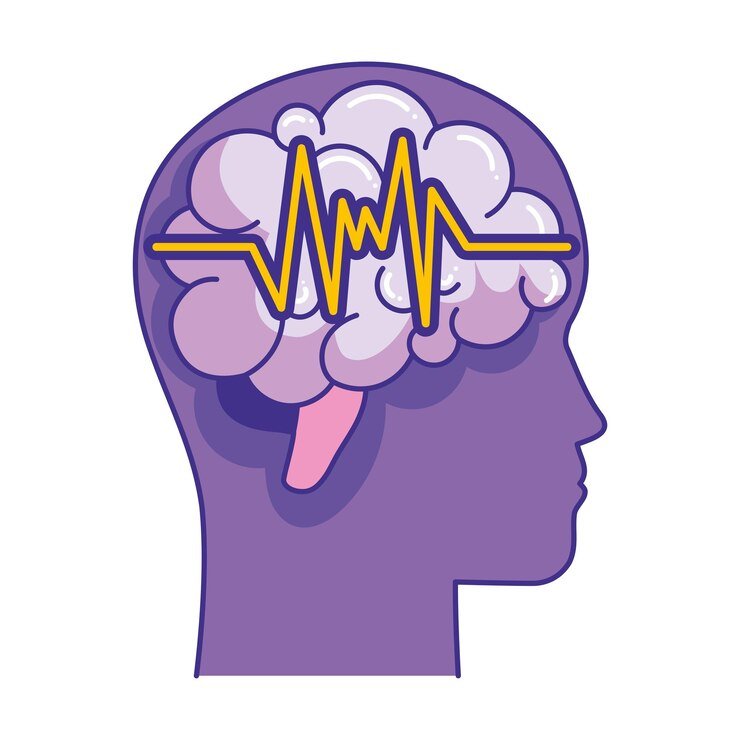Epilepsy is a chronic neurological condition in which the nerve cells send the wrong signals leading to seizures. Seizures are uncontrolled eruptions of electrical activities that cause changes in muscle movements, sensations, behaviors, and an individual’s overall awareness.
It is regarded as one of the most common neurological disorders. Several treatment options are available for epilepsy. Around 70% of individuals with epilepsy can manage this brain disease with medications.
WHAT CAUSES EPILEPSY?
The known causes of epilepsy include:
Genetics some types of epilepsy (like juvenile myoclonic epilepsy and childhood absence epilepsy) have a higher chance of being inherited.
Mesial temporal sclerosis
Head injuries
Brain infections such as brain abscess, meningitis, encephalitis and neurocysticercosis.
Immune disorders or autoimmune diseases
Developmental disorders including birth abnormalities that affect the brain
Metabolic disorders
Brain conditions and brain vessel abnormalities such as brain tumors, strokes, dementia and abnormal blood vessels, such as arteriovenous malformations.
TYPES OF EPILEPSY
There are two main types of seizure groups:
Focal Onset Seizures
Focal onset seizures begin in one area, or linkage of cells, on one side of your brain. This seizure used to be known as partial onset seizure. There are two types of focal seizures:
Focal onset aware seizure refers to when an individual is awake and aware during the seizure. Healthcare specialists once termed it as simple partial seizure.
Focal onset impaired awareness seizure refers to when an individual is confused or have a loss of awareness or consciousness during the seizure. This seizure type used to be known as a complex partial seizure.
Generalized Onset Seizures
General onset seizures impact a wide range of nerve cells on both sides of your brain, simultaneously. There are six types of generalized seizures:
Absence seizures formerly known as petit mal seizures
Atonic seizures or “drop seizure” or “drop attack”
Tonic seizures
Clonic seizures
Tonic-clonic seizures
Myoclonic seizures
WHAT ARE THE SYMPTOMS OF EPILEPSY?
The main symptom of epilepsy is experiencing frequent seizures. Your symptoms, however, vary depending on the type of seizure you have.
Seizure symptoms include:
- Temporary loss of awareness or consciousness
- Uncontrolled muscle movements, muscle jerking, loss of muscle tone
- Blank stare or “staring into space” look
- Temporary confusion or slowed thinking
- Changes in vision, hearing, taste, smell, and experiencing feelings of numbness or tingling
- Difficulty in talking or understanding speech
- Upset stomach, feeling too cold or hot or having goosebumps
- Lip-smacking, chewing motion, rubbing hands, finger motions
- Psychological symptoms such as anxiety, fear, terror, anxiety or déjà vu
- Fast heartbeat and/or breathing
TREATMENT FOR EPILEPSY AND SEIZURES
Seizures can be controlled and a number of individuals with epilepsy can become seizure-free with suitable use of anti-seizure medications, especially in children.
However, your doctor will help you with when to stop taking medication with a range of tests that are monitored with the condition. A documented cause of the seizure and an abnormal electroencephalography (EEG) pattern are the two most reliable predictors of seizure relapse.


